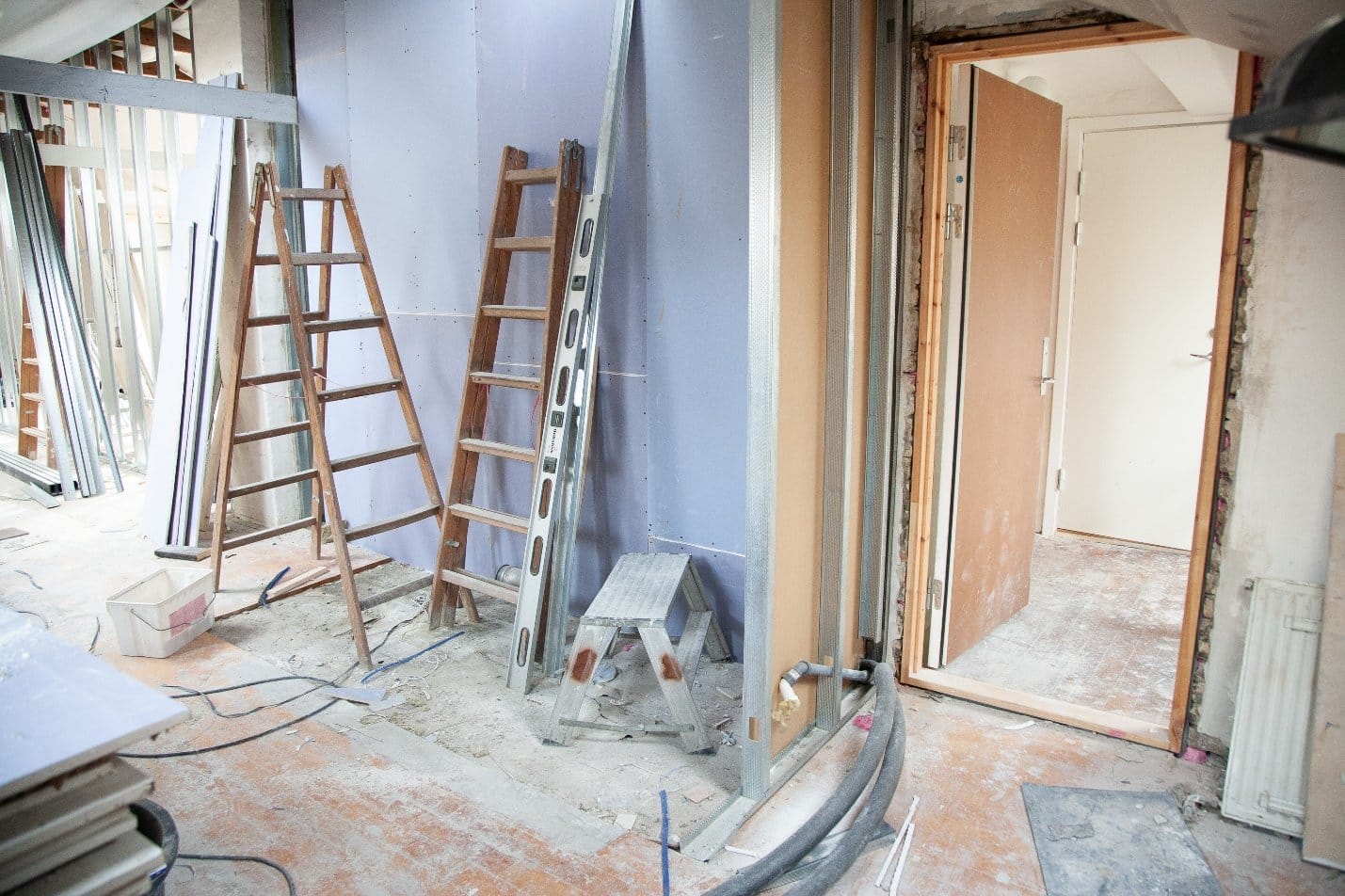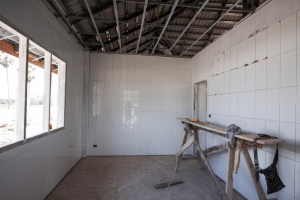Embarking on a basement finishing project is an exciting endeavor, but it’s essential to navigate the necessary permits and regulations to ensure a smooth and compliant process. Understanding the legal requirements and obtaining the proper permits is crucial to avoid potential issues and ensure the safety and integrity of your finished basement. In this blog post, brought to you by Utah Basement Finishing, we’ll walk you through the essential information you need to know about basement finishing permits and regulations.
Contents
Why Permits and Regulations Matter
1. Safety
Permits and regulations are in place to ensure the safety of your basement space. Compliance with building codes and inspections guarantees that structural, electrical, and plumbing work is done correctly.
2. Legal Compliance
Finishing a basement without the required permits can lead to legal complications and fines. It’s essential to follow the local building codes and regulations to avoid penalties.
3. Property Value
A properly permitted and finished basement can add value to your property. It’s an attractive feature for potential buyers when selling your home.
Understanding the Permit Process
1. Research Local Regulations
Before starting your basement finishing project, research the local regulations and building codes in your area. Regulations can vary from one municipality to another, so it’s crucial to know what applies to your specific location.
2. Obtain the Necessary Permits
Once you understand the requirements, obtain the necessary permits. This typically includes permits for electrical, plumbing, and construction work. Your contractor or local building department can guide you through the process.
3. Hire Licensed Contractors
Hiring licensed and qualified contractors is essential for a compliant project. They are familiar with local regulations and can ensure the work meets the required standards.
Common Regulations to Consider
1. Egress Windows
Basements used as bedrooms or living spaces must have proper egress windows for emergency exits. This is a crucial safety requirement.
2. Ceiling Height
Basements often have specific ceiling height requirements. Ensure your basement meets the minimum ceiling height specified in your local building codes.
3. Electrical Codes
Electrical work in your basement must comply with local electrical codes. This includes proper wiring, outlets, and circuit breakers.
4. Plumbing Codes
If your basement includes a bathroom or kitchenette, plumbing work must adhere to local plumbing codes. This covers water supply, drainage, and ventilation.
5. Inspections
Throughout the basement finishing process, various inspections may be required. These inspections ensure that the work is compliant with the permits and regulations.
Consult with Utah Basement Finishing
At Utah Basement Finishing, we have extensive experience in navigating permits and regulations for basement finishing projects. Our team can help you understand the requirements in your area and ensure that your project complies with all necessary codes.
A Compliant and Beautiful Basement
Navigating basement finishing permits and regulations may seem daunting, but it’s a crucial step in creating a safe and valuable living space. With the right guidance and compliance, you can transform your basement into a beautiful and compliant addition to your home.
Ready to start your basement finishing project with confidence? Contact us today at 801-669-8106 or visit our website here to discuss your project and ensure a compliant and stunning basement space.




